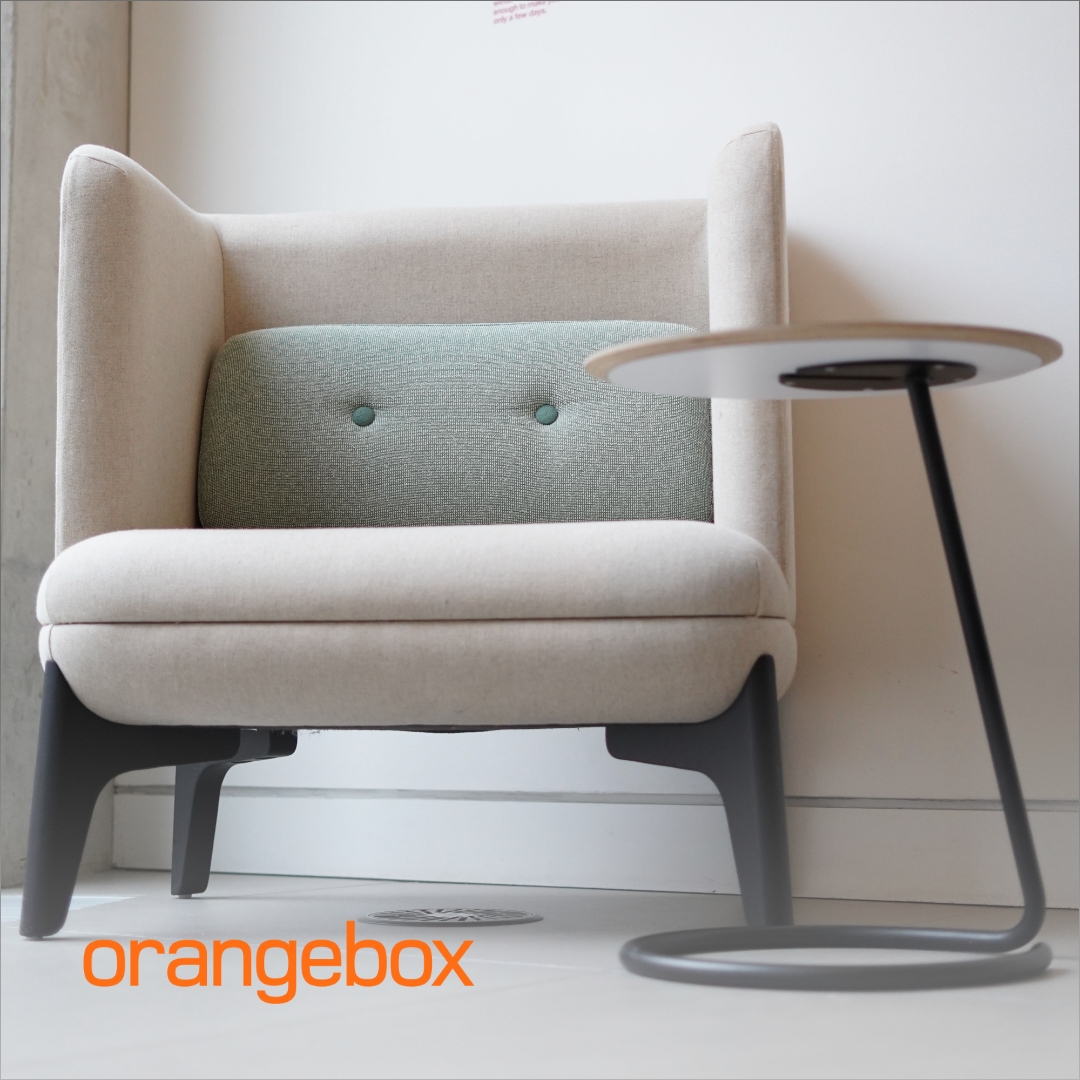Do the seasonal clock changes of British Summer Time (BST) make you tired and less productive? Well it seems you aren’t alone according to research by our parent company Extentia Group which found that more than half of those surveyed said it affected their performance at work. On average, respondents felt the effect of the change to and from BST for four days following the change, but more than 10% of women felt affected for more than two weeks!
These findings are part of a report “Overcoming the UK’s Productivity Challenge”, in which we quizzed workers on their own productivity levels, and how both internal and external factors affect performance.
So, what can companies do to help support their employees during this twice-yearly event and mitigate this potential drop in productivity? We recognise that changing environments can influence employees and that supporting their wellbeing can boost efficiency and productivity. Many businesses want to use design to improve productivity and yet don’t take employee’s working habits, or the impact of things like BST, into account.
For example, the effects of BST could be addressed by creating a work environment that supports diverse ways of working, encouraging people to come in early or late during these periods. A mixture of furniture solutions that shape and enhance the work environment, creating both quiet and collaborative areas, allows employees to pick and choose where is best suited to their individual needs. Specially tailored lighting can be used to replicate missing daylight hours and exciting bespoke seating used to stimulate and motivate.
At Southernsbroadstock we know that ensuring spaces have the right furniture, fixtures and equipment to both support and inspire your people demands specialist expertise and knowledge. We pride ourselves on our incisive thinking, outstanding service and whole-of-project delivery through solutions that optimise the use of space, enhance user experience and drive productivity.
To download “Morning Larks vs Night Owls: Overcoming the UK’s Productivity Challenge”, click HERE















